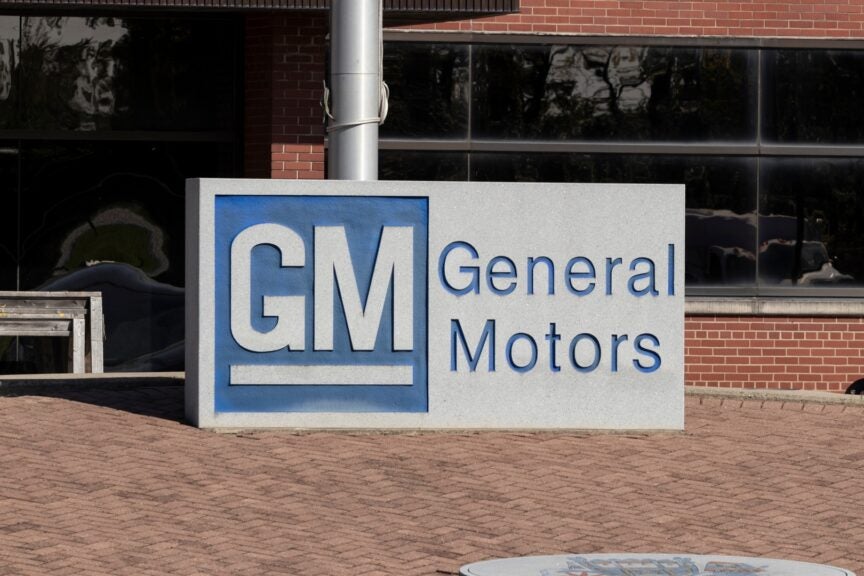GM Stands Firm on EV Production in Mexico Amid Tariff Challenges
General Motors (GM) has reaffirmed its commitment to manufacturing electric vehicles (EVs) in Mexico despite potential tariff increases from the U.S. government. The automaker announced this week that it will proceed with its $1 billion investment in its Ramos Arizpe plant, signaling confidence in its long-term strategy. Industry analysts question whether GM’s bet will pay off as trade tensions and supply chain risks loom.
Strategic Commitment Despite Political Uncertainty
GM’s decision to double down on Mexican EV production comes as the Biden administration considers raising tariffs on Chinese-made EVs and components. Mexico, a key player in the North American auto industry, has faced scrutiny over its role as a potential backdoor for Chinese parts. However, GM executives argue that localizing production in Mexico strengthens their competitive edge.
“Our Ramos Arizpe facility is critical to meeting the growing demand for affordable EVs in North America,” said GM spokesperson Maria Cortez. “We’ve already retooled the plant to produce the Equinox EV and Blazer EV, with more models coming by 2025.” The company projects the facility will manufacture over 200,000 EVs annually by mid-decade.
Balancing Cost Savings and Supply Chain Risks
Mexico offers automakers significant advantages:
- Labor costs 30-40% lower than in the U.S.
- Free trade agreement benefits under USMCA
- Established supplier networks serving the auto industry
However, the Congressional Research Service reports that 18% of Mexican auto exports contain Chinese components—a potential flashpoint if tariffs escalate. “GM is walking a tightrope,” said auto analyst David Petrovski of Bernstein Research. “They’re betting that Mexico’s trade advantages will outweigh political risks, but that calculus could change overnight.”
Industry Reactions and Competitive Landscape
Rival automakers have taken divergent approaches:
- Ford shifted some EV production from Mexico to Michigan after securing federal loans
- Tesla continues expanding its Texas gigafactory while eyeing a new Mexican site
- Stellantis maintains hybrid manufacturing across U.S. and Mexican plants
“This isn’t just about tariffs—it’s about securing the entire EV value chain,” noted Michelle Cheng, a supply chain specialist at Boston Consulting Group. “Battery materials, semiconductor access, and skilled labor all factor into these billion-dollar decisions.”
Economic Implications for North American Auto Sector
GM’s move could influence broader industry trends:
- Mexico’s auto production grew 12% year-over-year in Q1 2024
- The country now supplies 25% of all vehicles sold in the U.S.
- EV-related foreign direct investment in Mexico topped $5 billion in 2023
Yet United Auto Workers (UAW) President Shawn Fain criticized the decision: “Every EV built in Mexico is a missed opportunity to create good-paying American jobs. We need policies that prioritize U.S. manufacturing.”
The Road Ahead: Policy Shifts and Market Realities
Several factors could reshape GM’s strategy:
- Upcoming U.S. election outcomes affecting trade policies
- Global battery material shortages projected through 2026
- Consumer demand for EVs growing at 8% annually but below initial forecasts
GM appears prepared to adapt, having secured lithium supply deals with South American producers. “We’re building flexibility into every aspect of our EV transition,” Cortez emphasized. The company plans to launch 30 global EV models by 2030, with Mexico central to that vision.
What GM’s Decision Means for the Future of EV Manufacturing
As the automotive industry navigates this transitional period, GM’s commitment highlights the complex calculus facing automakers:
- Regional production minimizes geopolitical risks but may increase costs
- Trade policy uncertainty requires agile manufacturing strategies
- Consumer affordability remains the ultimate determinant of EV adoption
Industry watchers should monitor three key developments: the U.S. Treasury’s upcoming rules on foreign entity of concern (FEOC) restrictions, Mexico’s evolving labor and environmental standards, and battery technology breakthroughs that could reshape production economics.
For investors and policymakers alike, understanding these dynamics will be crucial as the EV revolution accelerates. Subscribe to our industry newsletter for ongoing analysis of this evolving story.
See more Business Focus Insider Team

